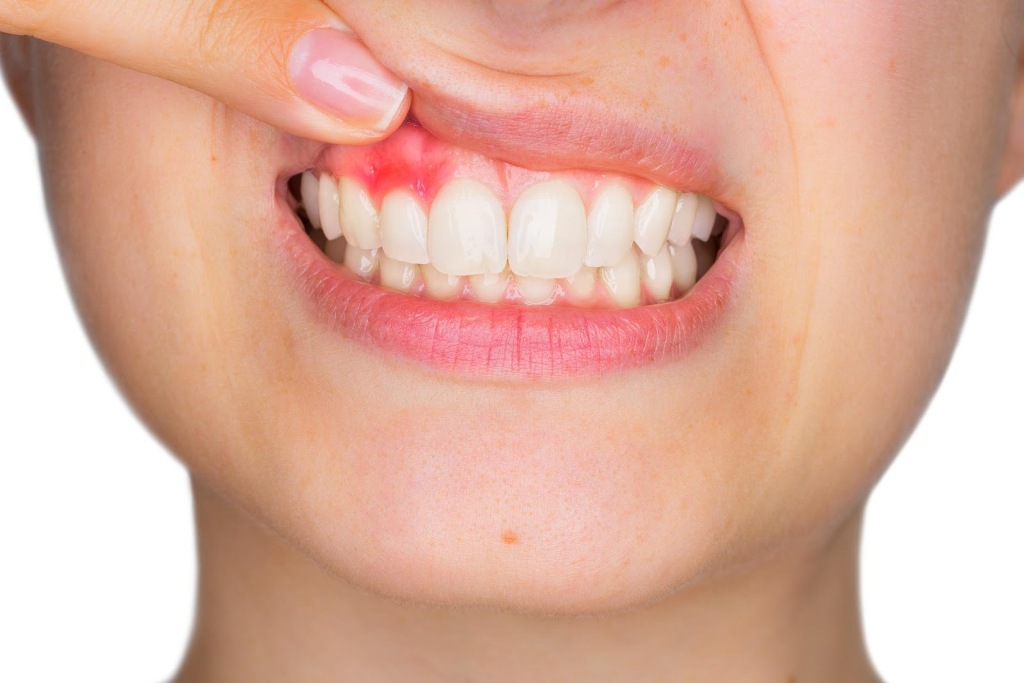
7 Common Causes of Bleeding Gums You Should be Aware of
Have you started to notice your gums bleed every time you brush your teeth? For some people, bleeding gums can make it more difficult to brush properly, which could lead to additional dental problems.
Oral diseases affect nearly half of the world’s population or 3.58 billion people. By learning the various causes of bleeding gums, you can get the help you need to keep your gums from bleeding. Otherwise, a smaller problem might escalate into a life-threatening, expensive one.
Here are seven common causes of bleeding gums, a list which we compiled with the help of Recall Max.
By answering the question, “Why do my gums bleed?” you can find the solutions you need for a happier, healthier life.
Keep reading to learn more about why your gums bleed when you brush your teeth.
1. Gingivitis
According to the CDC, about 47.2% of adults ages 30 and older have periodontal disease. In its earliest stage, periodontal disease is called gingivitis. Gingivitis is a mild form of gum disease.
When you have gingivitis, your gums will become swollen and red, causing them to bleed.

This occurs when the bacteria in your mouth infect the tissue around your gums. When the bacteria lingers too long, it becomes plaque, which can then lead to tartar. When tartar spreads below your gum line, it can make your teeth more difficult to clean.
You’ll need a dentist to remove the tartar from beneath your gums.
This can cause inflammation as well as:
- Bad breath
- Red or swollen gums
- Tender or bleeding gums
- Pain when you chew
- Loose teeth
- Sensitivity
Over time, your gums will pull away from your teeth, leading to periodontitis.
To prevent gingivitis, make sure you maintain good oral hygiene. That includes brushing and flossing daily. Flossing will ensure you don’t leave food particles lingering between your teeth.
Those food particles will contribute to the bacteria in your mouth, which causes gingivitis in the first place.
If you have gingivitis, it’s important to schedule a visit with your dentist. They can clear the tartar away from under your gums. When gingivitis is at its early stage, you can still stop and reverse it.
If you wait too long, however, your gingivitis will become periodontitis, which will require a gum specialist.
Make sure to schedule regular check-ups so your dentist can make sure your teeth and gums are healthy.
2. Medication
One of the lesser-known causes of bleeding gums is medications.
Blood-thinning medications decrease your blood’s ability to clot. When your blood can’t clot properly, it makes it easier for you to bleed, even around your gums.
Each time you visit your dentist, let them know if you’re taking any medications.
Your dentist can then let you know if your medications are the root cause of your bleeding gums or other oral issues. If you’re taking medications that are causing your problems, the dentist might suggest a different oral care routine.
In some cases, however, you might need to speak to your doctor about alternative medicine options.
3. Flossing & Brushing
A new flossing routine or a new toothbrush can also cause bleeding gums.
If your gums don’t normally bleed when you floss, then do, consider how you’re flossing. Don’t floss too roughly, which could irritate your gums.
Did you take a few days off from brushing or increase how often you floss? A change in your routine could cause minor gum bleeding as well. In this case, the bleeding should stop on its own after a few days. If your gums keep bleeding, however, make sure to speak with your dentist.
Did you switch from a soft bristle to a hard bristle toothbrush recently?
The harsher bristles might irritate your gums. Some dentists suggest using a soft-bristled toothbrush instead. Try switching to a soft-bristle brush and see if your gums stop bleeding.

Pressing pause on your usual oral hygiene routine is also one of the causes of bleeding gums. Your gums can become diseased with just one day without proper oral care.
In order to prevent your gums from bleeding, make sure to brush for two minutes every day.
Proper oral hygiene will keep your gums from swelling.
4. Diet
The foods you’re eating could cause your gums to bleed. For example, some ingredients in processed foods can irritate your gums. Try to eat healthy, natural foods instead of junk that’s full of sugar and artificial ingredients.
Vitamin C and K deficiencies can also contribute to your bleeding gums.
If your gums and bleeding, ask your doctor to check your vitamin C and K levels. You can also change your diet to make sure you’re receiving the nutrients you need.
For vitamin C, eat:
- Citrus fruits
- Broccoli
- Strawberries
- Tomatoes
- Potatoes
- Bell peppers
For vitamin K, try:
- Kale
- Swiss chard
- Lettuce
- Spinach
- Watercress
- Olive oil
- Canola oil
- Soybeans
- Mustard greens
Try to avoid starchy and sugary foods like potato chips and candies. These foods are more likely to stick to your gums and teeth.
A healthy diet can help you discover how to stop gum bleeding at home.
5. Pregnancy
During menstruation and pregnancy, women experience hormonal changes that increase their chances of bleeding gums. These hormonal changes can also increase a pregnant woman’s risk of developing periodontitis or gingivitis.
If you’re pregnant and experiencing bleeding gums, speak with your dentist. They can offer helpful advice to help you adapt your oral health routine throughout your pregnancy.
6. Stress
Do you live in constant agitation and anxiety? High-stress levels can compromise your immune system, making it more difficult for your body to fight off bacteria. Lower immunity can make you more prone to bleeding gums and gum disease.
Stress also causes inflammation to build in your blood vessels.

Try to find creative ways to reduce your stress, such as journaling or yoga.
7. Smoking
Smoking and vaping could both increase your risk for oral health issues, including bleeding gums. When your gums start bleeding, bacteria can get trapped in your gum line before traveling to your bloodstream.
Smoking and vaping could lead to further complications.
If you want to learn how to stop bleeding gums, stop smoking.
Brushing & Bleeding: 7 Common Causes of Bleeding Gums
These seven common causes of bleeding gums are usually easy to avoid. Make sure to visit your dentist to discuss your oral health. They can provide you with the best solutions to keep your gums happy and healthy.
Keep improving your health! Explore our latest Health posts today for more helpful tips.
link.




